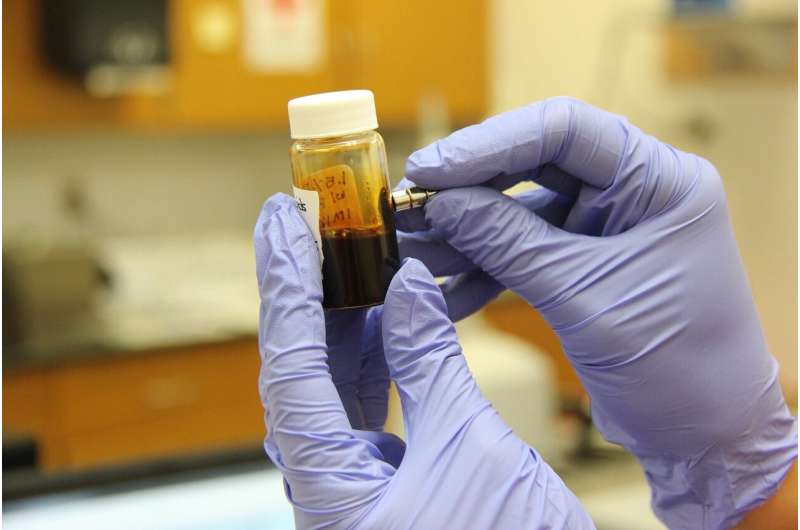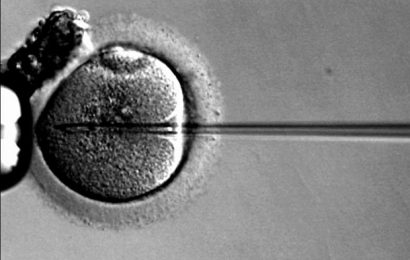
World Health Organization inspectors on Wednesday visited a laboratory in China’s Wuhan city at the heart of a controversial theory that it could have been the source of the coronavirus.
The inspection of the Wuhan virology institute, which conducts research on the world’s most dangerous diseases, will be one of the most-watched stops on the team’s probe into the origins of the COVID-19 pandemic.
The sensitive mission, which China had delayed throughout the first year of the international health crisis, has a remit to explore how the virus jumped from animal to human.
But questions remain over what the experts can hope to find after so much time has passed.
The convoy of cars drove past security to enter a virology institute shrouded in mist Wednesday morning.
WHO team member Peter Daszak told reporters that the team was “looking forward to a very productive day and to asking all the questions that we know need to be asked”.
He later tweeted that it had been an “extremely important meeting today with staff” and a “frank, open discussion.”
Most scientists think COVID-19—which first emerged in Wuhan and has gone on to kill more than two million people worldwide—originated in bats and could have been transmitted to people via another mammal.
But there are no definitive answers so far.
The WHO experts stayed inside the institute for nearly four hours, before driving away without stopping to talk to media waiting outside.
Police in black uniforms and face masks lined the road to separate the crowds of reporters from the cars.
According to the state-run Global Times, the team also visited the P4 lab—Asia’s first maximum-security lab equipped to handle Class 4 pathogens (P4) such as Ebola.
There was speculation early in the pandemic that the virus could have accidentally leaked from the biosafety lab in Wuhan, although there was no evidence to back up that theory.
Lab theories
Then-US president Donald Trump and his supporters seized on those rumours and amplified them with conspiracy theories that China deliberately leaked the virus.
The US-secretary of state Mike Pompeo insisted last year that there was “significant evidence” that the virus came from the lab, while releasing no proof and acknowledging that there was no certainty.
China has faced criticism at home and abroad for playing down the initial outbreak and concealing information when it first emerged in Wuhan in December 2019.
Beijing is now determined to put the focus on its recovery from the outbreak, and the WHO team toured a propaganda exhibition celebrating China’s recovery from the pandemic in Wuhan on Saturday.
On Sunday the team went to the market where one of the first reported clusters of infections emerged over a year ago, which Daszak tweeted was a “critical” stop.
Other stops include the hospital which treated some of the first coronavirus cases.
Daszak said in his tweet that the team met Wednesday with Shi Zhengli, one of China’s leading experts on bat coronaviruses and deputy director of the Wuhan lab.
Shi raised some eyebrows in a June 2020 interview with Scientific American magazine in which she said she was initially anxious over whether the virus had leaked from the facility.
But subsequent checks revealed that none of the gene sequences matched the viruses held by the lab, Shi said, adding: “I had not slept a wink for days.”
Source: Read Full Article


